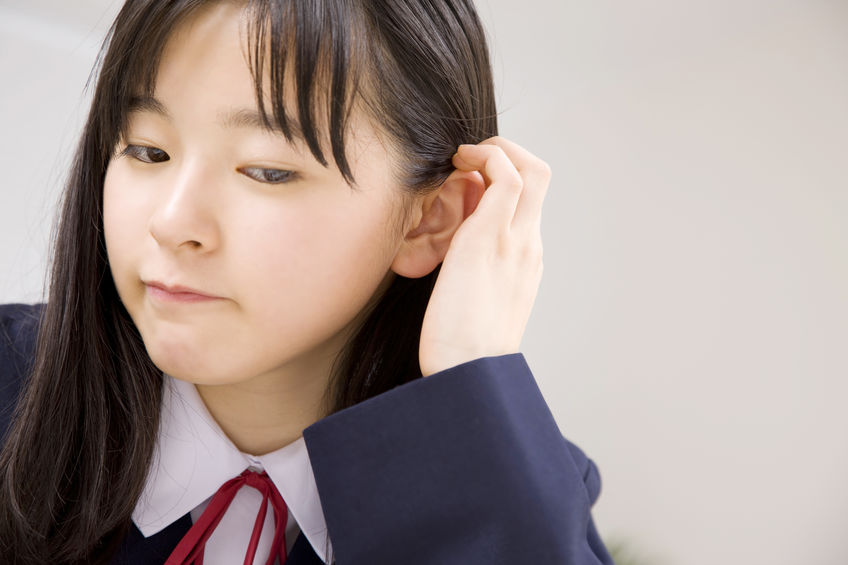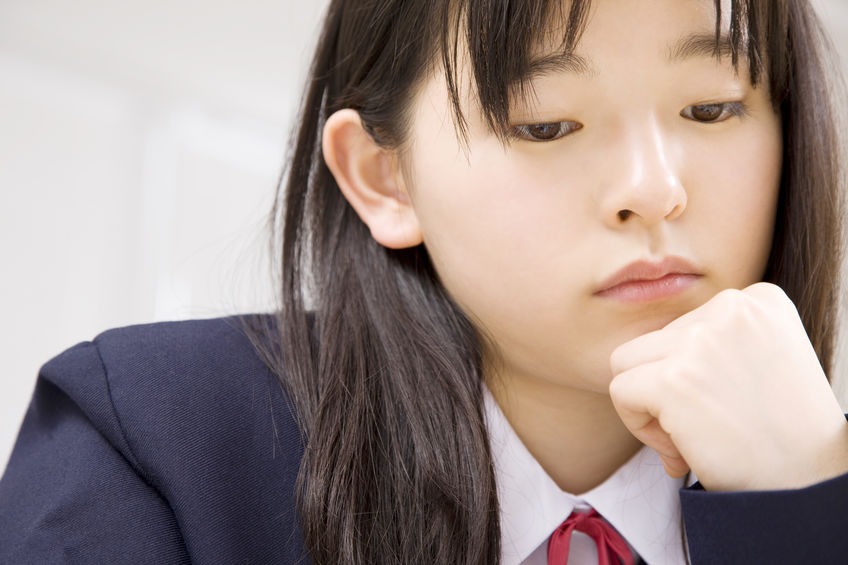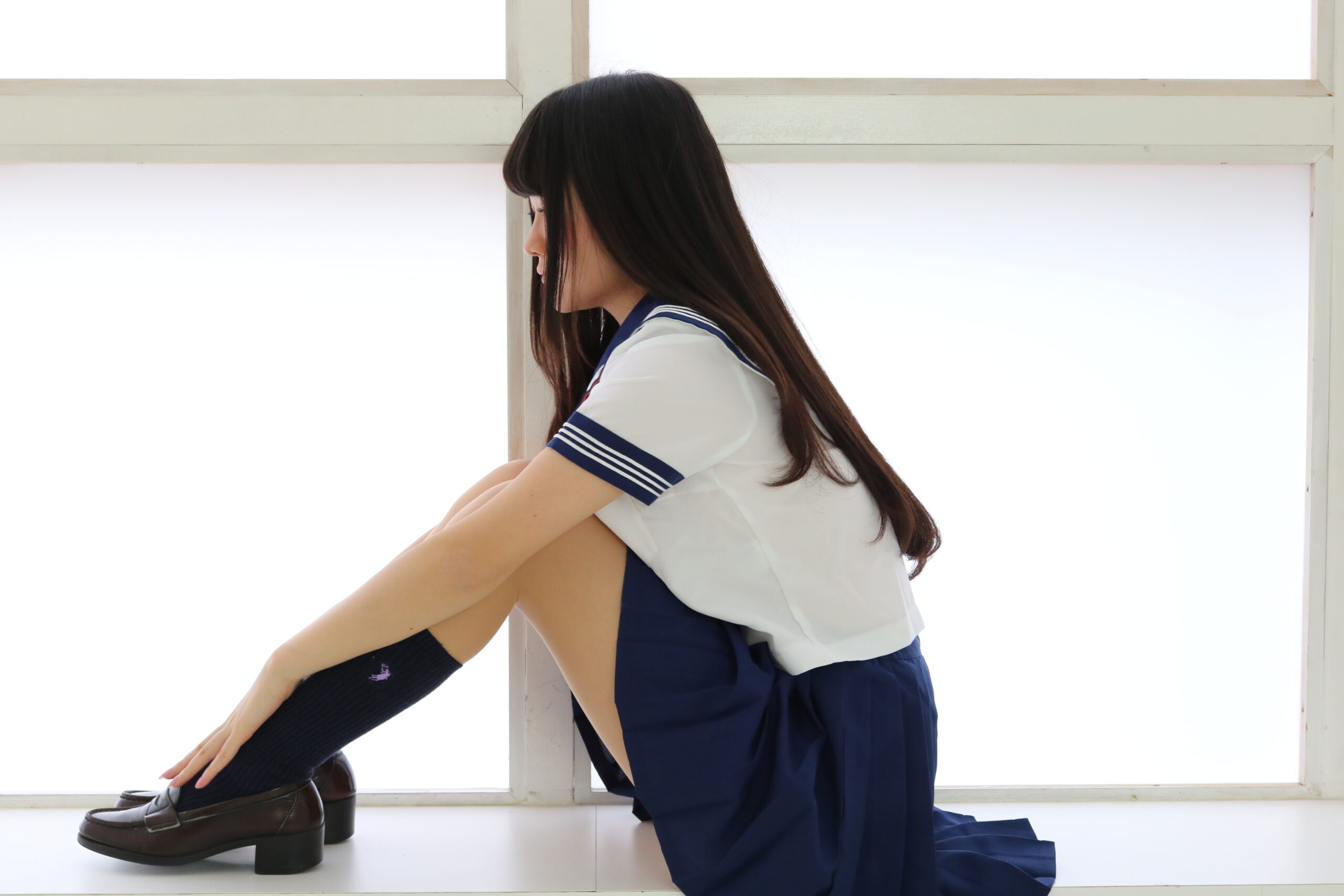Age of consent in Japan – Why 13?

Age of consent in Japan
What is the legal age of consent in Japan?-2023
Japan recently raised the age of consent from 13 to 16. The amendment to the Penal Code was passed by the Japanese Parliament on June 16, 2023, and came into effect on July 1, 2023. The amendment also included other measures to protect children from sexual abuse, such as increasing the penalties for child pornography and making it easier for victims to report abuse.
Until recently, the age of consent in Japan was 13. The previous age of consent of 13 had been in place since 1907, and had been one of the lowest in the world. The amendment was met with mixed reactions, with some people supporting the change and others arguing that it was unnecessary. However, the Japanese government argued that the change was necessary to protect children from sexual abuse.
- The age of consent in Japan had not changed since 1907, when the penal code was enacted.
- In 2008, the United Nations adopted a finding recommending that Japan raise the age of consent.
Punishment by other laws and regulations
While the legal age of consent set by the penal code was 13 until June, this year and presently it is 16, there are other multiple laws imposing penalties for engaging in lewd acts with minors.
The Child Welfare Law defines a youth under the age of 18 as a child and provides for criminal penalties for “causing” a child to engage in lewd acts.
Lewd acts with children under 18 years of age are severely punished under the Child Welfare Law, the Youth Protection and Nurturing Ordinance, and the so-called Child Prostitution Prohibition Law.
In addition, the Lasciviousness Ordinance provides criminal penalties for lewd acts with a person under 18 years of age that are performed for the purpose of satisfying one’s desire. (imprisonment for up to two years in Tokyo, Osaka, Aichi, Kanagawa, and Chiba Prefectures)
If one engages in indecent acts with a juvenile under the age of 18, one might be in violation of various laws. First, there is the possibility of violating the Youth Protection and Nurturing Ordinance of many prefectures. (Prefectures in Japan are like states in the USA.)
Also, the Child Welfare Law prohibits the “act of having a child engage in lewd acts” (Article 34, Paragraph 1, Item 6).
The Child Welfare Law aims to promote the sound development of “children” (meaning persons under 18 years of age), both mentally and physically. Violation of this prohibition will result in “imprisonment for not more than 10 years or a fine of up to 3 million yen, or both” (Article 60, Paragraph 1).
The Entertainment and Entertainment Business Law stipulates that all persons engaged in sexually oriented businesses and their customers must be at least 18 years of age. Penalties are prescribed for businesses that are aware of age violations but fail to take action.
Age of consent in Japan by prefecture
Is there any difference by prefectures in Japan? What about the age of consent in Tokyo? There is no difference in the age of consent by prefecture, although the penalties for violating related multiple laws can differ by prefecture. Therefore, the de fact age of content in Tokyo is 18.

Why was the age of consent 13 in Japan?
Why was the legal age of consent so low in Japan? The age of consent in Japan had not changed since 1907, when the penal code was enacted. At that time, the average life expectancy of women was 44 years, and it was common for women to marry and have children at a young age. In society at that time, 13 was regarded as a reasonable age of consent. In addition, the legal marriageable age was 15 back then. Therefore, the age of 13, which is two years younger than 15, was considered sensible. This explains why the age of consent was 13 in Japan.

Recently, lewd acts with minors have been cracked down and many arrests have been reported in the media.
Until around the year 2000, however, there was no strict legal control and prostitution by high school girls was rather common. As you know, many people in Japan tend to do the same thing at the same time. The prostitution of high school girls was so alarming in late 1990’s that lawmakers thought that something had to be done about it and new laws and ordinances were enacted, and the police crackdown became extremely strict.
In other words, the line between adults and minors was not always clear in Japan. The Child Prostitution Law was enacted in 1999.
The age of consent to was raised to 16
with a “five-year age difference” requirement.
To exclude acts between young people who are close in age, punishment for sexual acts with a person between 13 and 16 years of age would be limited to cases where the perpetrator is “five years or more” older than the victim. According to the Ministry of Justice, the age difference requirement was made in order to exclude sexual acts between those close in age from punishment. This part of the law was modeled after laws concerning the age of consent in other countries.

At what age do people in Japan typically have their ‘first time experience’?”
According to a survey on the average age of first experience among Japanese individuals, the results showed that the most typical age for a first-time experience is 18.9 years old. When considering the most frequently cited age for this milestone, the figure was 18 years old. Given that the average age and the most commonly reported age are closely aligned, it can be inferred that many in Japan typically have their first-time experience around the age of 18. The youngest age reported in the survey was 12 years old.
The marriageable age for women was raised from 16 to 18 in 2022
In Japan the age of marriageable age under the Civil Code is 18 for both men and women now. For women, the age was 16 until March 31, 2022 then it was raised to 18 on April 1, 2022.
The age at which a person could marry was first set in Japan 124 years ago. At that time, for men it was 17 years old and for women it was 15.
Why was the marriageable age for women raised to 18?
The purpose of raising the marriageable age for women to 18 in 2022 was principally to eliminate differences between men and women. This was something that the United Nations had asked Japan to do.










